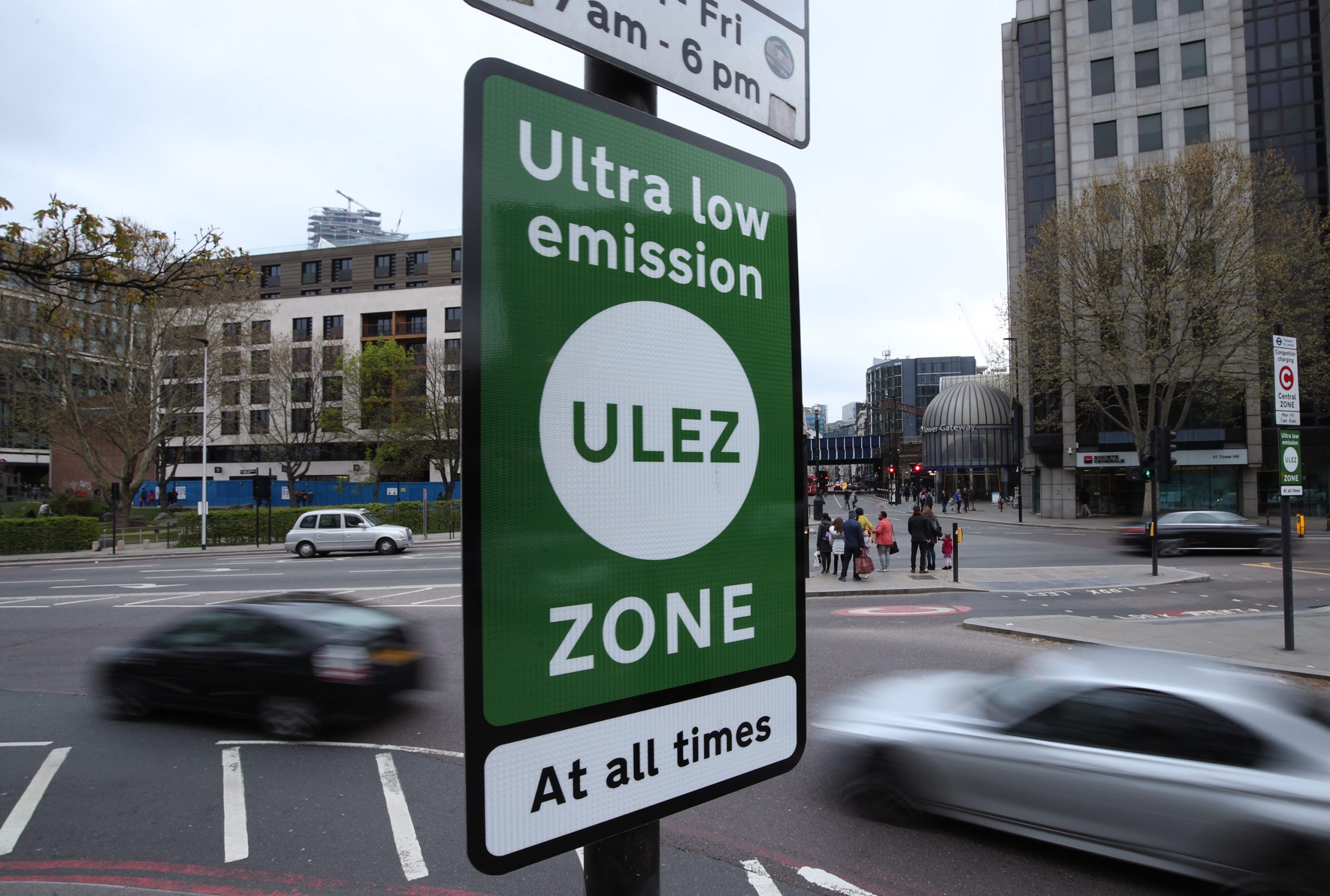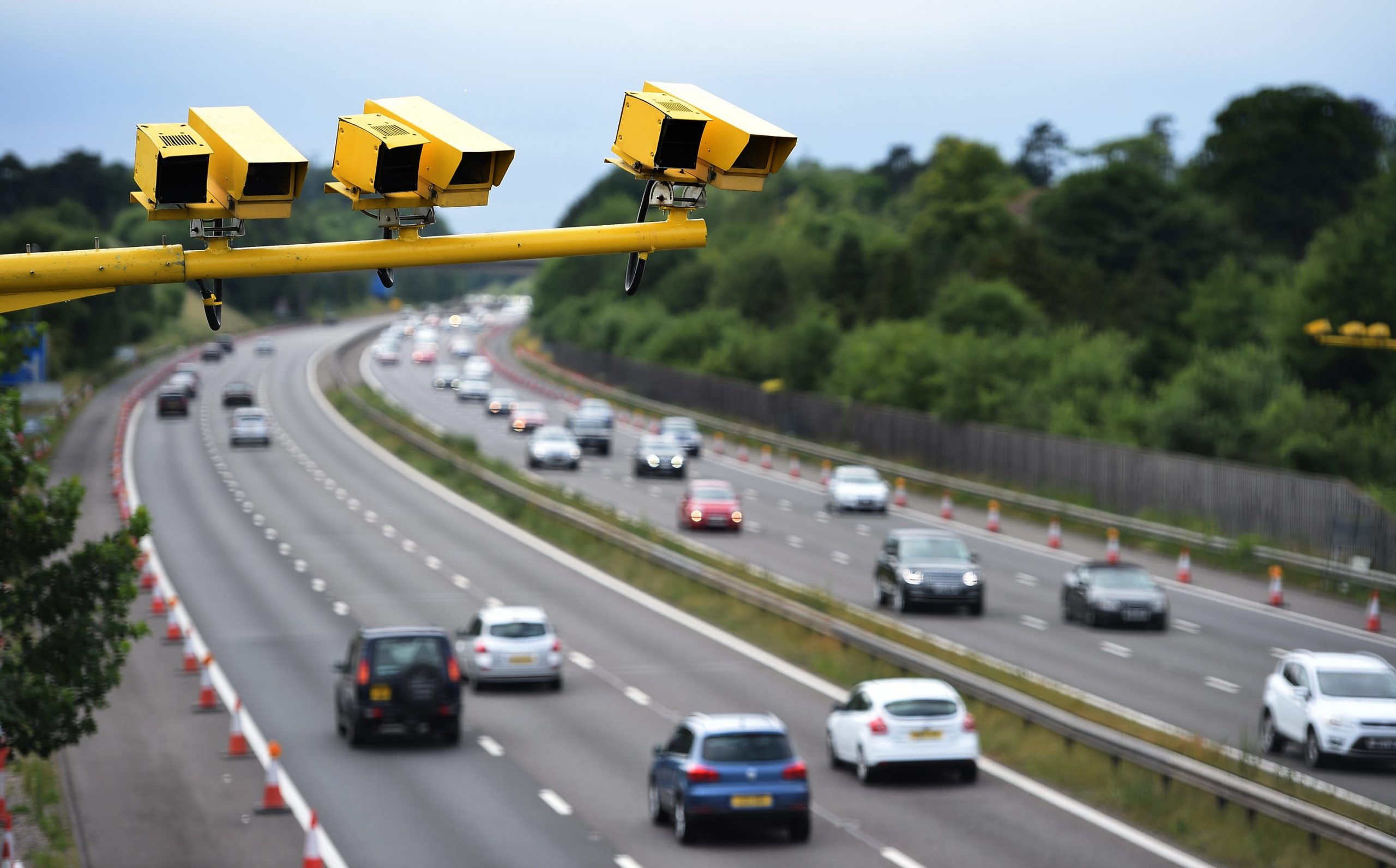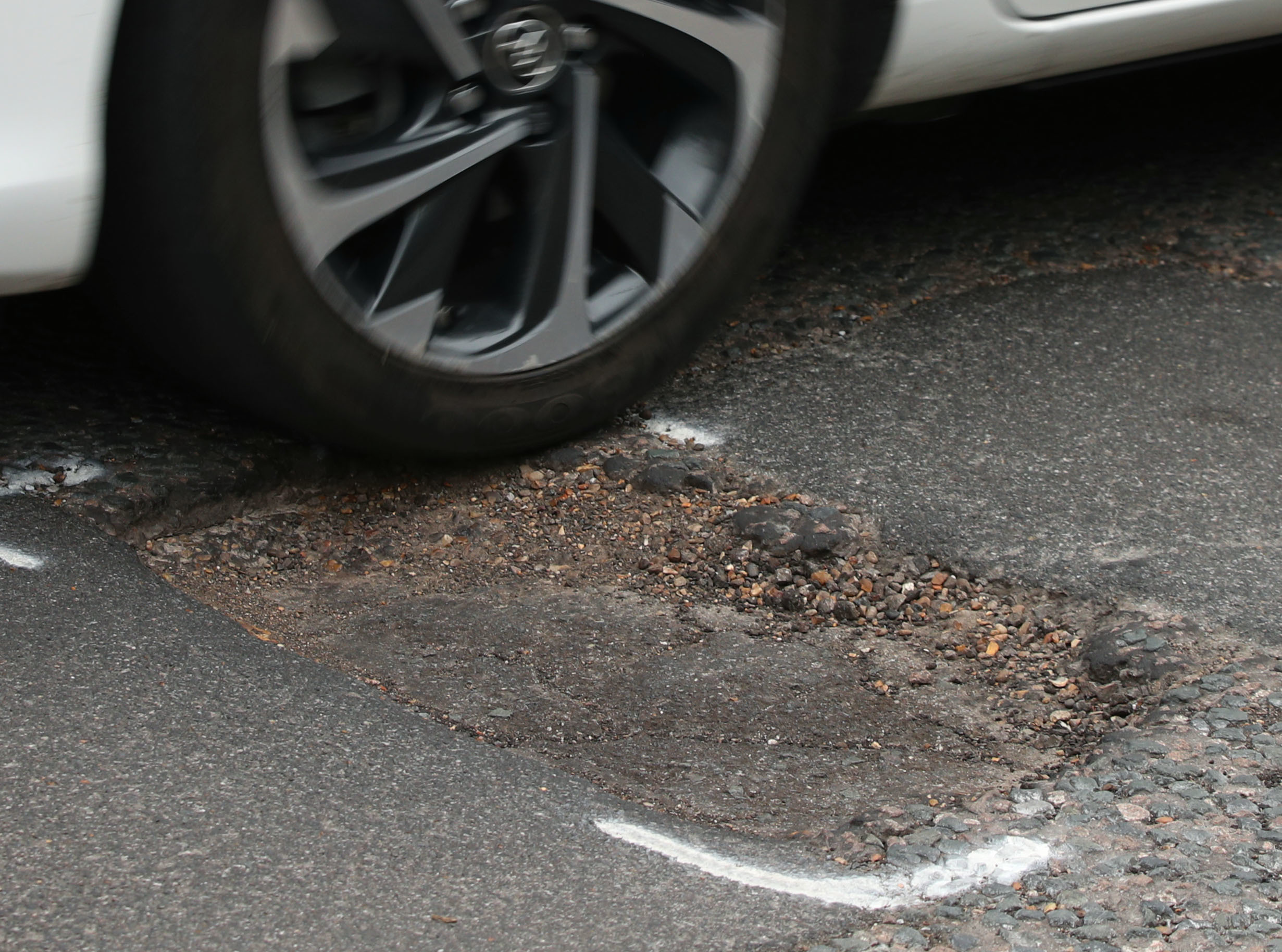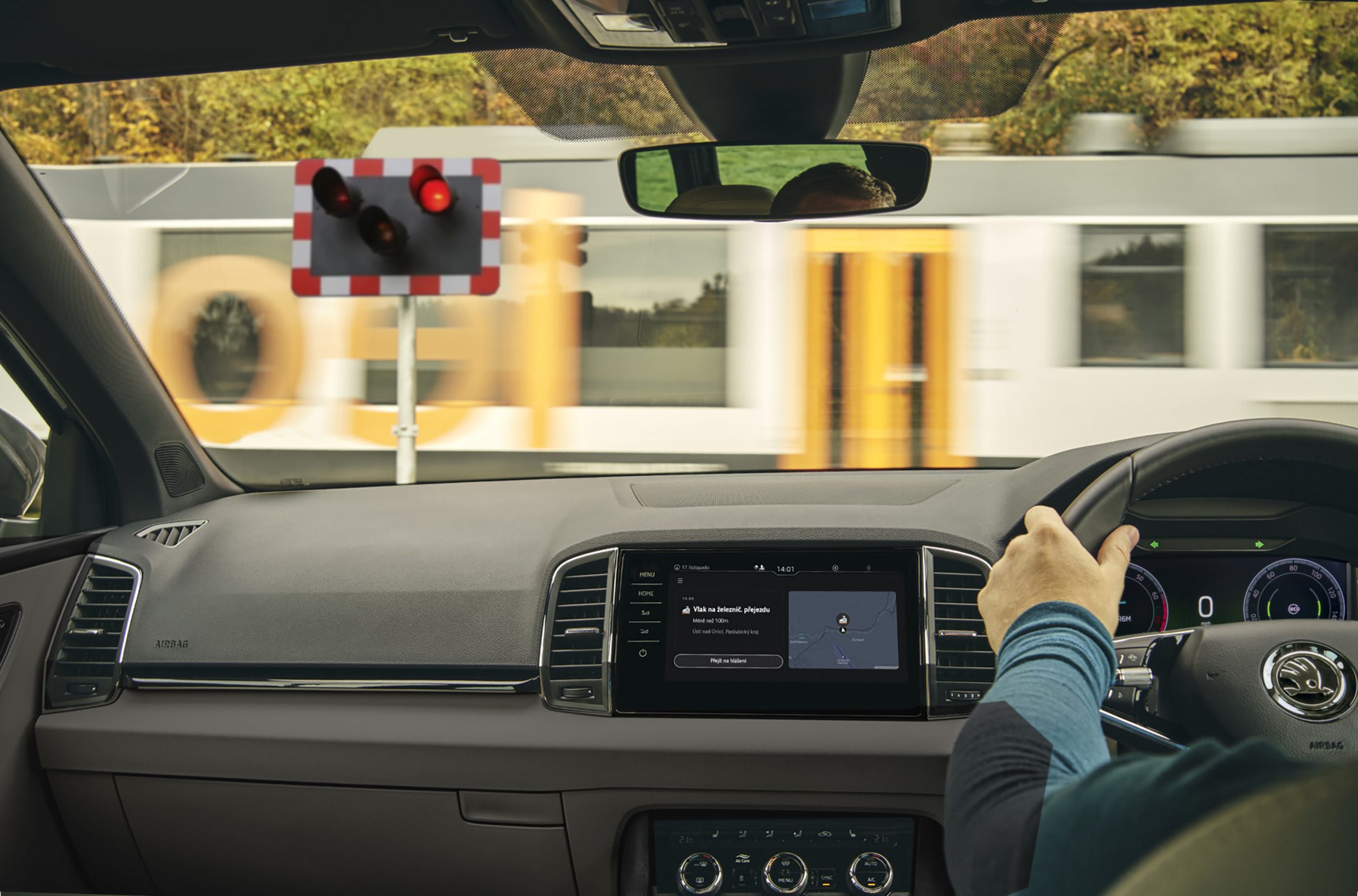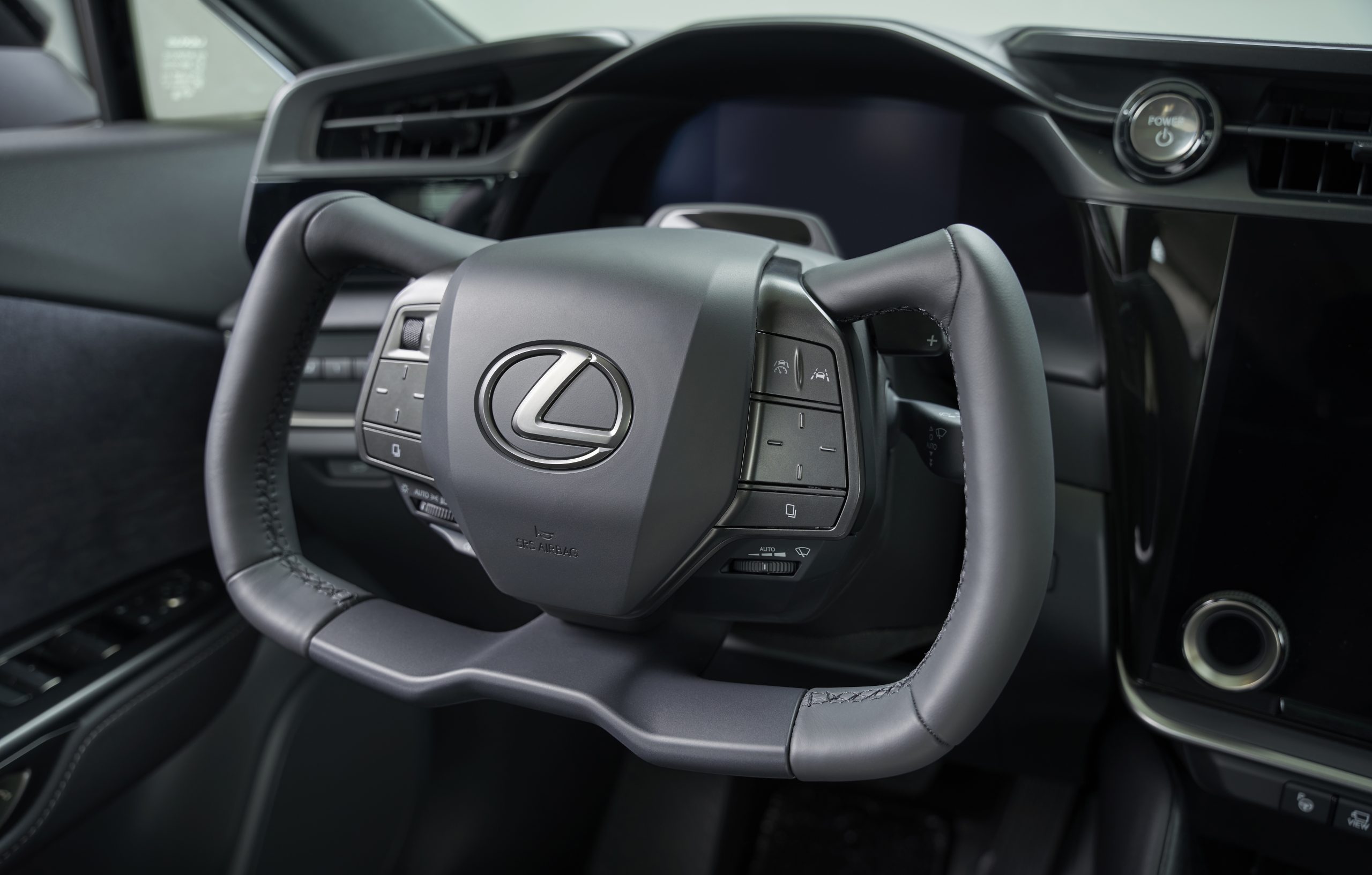Nearly 700,000 car drivers in London will face a daily £12.50 ultra low emission zone (Ulez) fee when the scheme expands, according to new analysis.
The RAC, which carried out the research, said the expansion of the zone from August 29 will have a “massive financial impact on motorists and businesses”.
It comes a day after Transport for London (TfL) claimed that nine out of 10 cars seen driving in outer London on an average day meet the Ulez standards, so will not be liable for the charge.
It also said that many drivers are switching from older, more polluting vehicles ahead of the expansion.
The zone is currently limited to the area within London’s North and South Circular roads, but Mayor Sadiq Khan has decided to expand it to cover the whole of the capital, claiming this will boost air quality.
Most diesel cars registered before September 2015 and petrol cars registered prior to January 2006 are liable for the charge.
Driver and Vehicle Licensing Agency figures obtained by the RAC show that 691,559 licensed cars in the whole of London fall into one of those categories.
This does not take into account other vehicles such as vans and lorries, or vehicles which enter London from neighbouring counties such as Essex, Hertfordshire, Surrey and Kent.
RAC head of roads policy Nicholas Lyes said: “Cleaning up London’s air should undoubtedly be a priority, but the sheer number of vehicles that don’t meet Ulez emissions standards in Greater London suggests there will be a massive financial impact on motorists and businesses through having to fork out £12.50 every day they drive in the zone.
“We desperately need more co-ordination between the mayor and the Government to help small businesses, tradespeople, NHS staff and carers who have no choice but to drive into the expanded Ulez for work purposes from outside Greater London.
“Consideration should also be given to those who work at night when public transport is greatly reduced in the outer boroughs.”
TfL is running a scrappage scheme for vehicles that do not comply with the Ulez standards.
It includes payments of up to £2,000 for eligible drivers such as those on low incomes or the disabled scrapping a car, and up to £9,500 for charities, sole traders and small businesses scrapping or retrofitting vans and minibuses.
Mr Lyes urged Mr Khan to consider delaying charges by a year for certain key workers, or a scheme where TfL partners with a leasing company to provide discounted Ulez-compliant vehicles to small businesses and traders.
He went on: “Changing to a compliant vehicle at such short notice simply won’t be something many will be able to afford, especially during a cost-of-living crisis and at a time when second-hand car prices are so high.
“We need more creativity from London’s mayor and his team to help people out as the current scrappage scheme is akin to using a plughole to drain an Olympic-sized swimming pool.
“It’s simply not big enough for the scale of the job.”
Mr Khan said on Thursday that the aim of the Ulez is to “get the most polluting vehicles off our roads in order to protect both the health of Londoners and our environment”.
He went on: “People, businesses and charities understand the impact of air pollution on health and are preparing for the change.
“It’s now just one in 10 cars seen driving in outer London that aren’t Ulez compliant – a fantastic result.
“We expect the number of compliant vehicles to go up even more as people prepare for the expansion, but we know there is more to do to ensure every Londoner can breathe cleaner air.
“For drivers of the very few non-compliant vehicles, I have launched the biggest scrappage scheme ever.”

